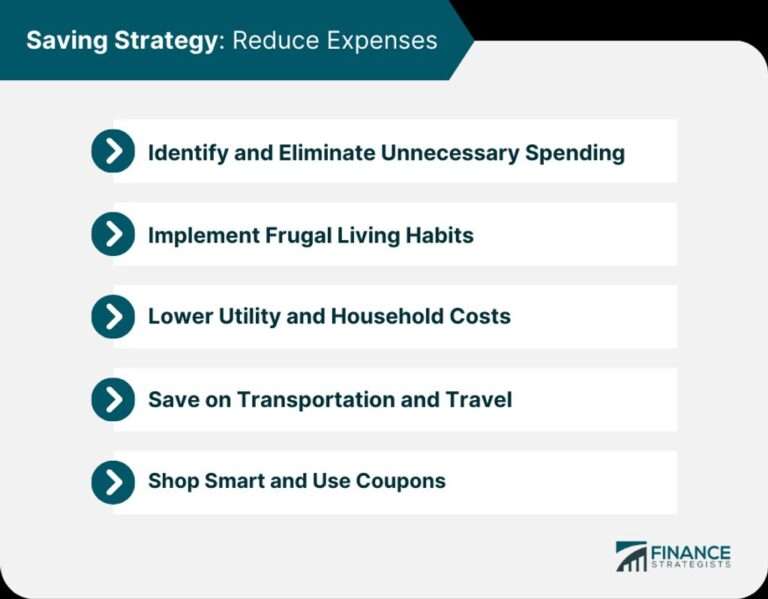The Principles of Persuasion: Unlocking the Power of Influence
Overview
What is persuasion?
Persuasion is the art of influencing and convincing others to adopt a certain belief, attitude, or behavior. It involves understanding the psychology of human decision-making and effectively communicating ideas to sway opinions. Persuasion is a powerful tool that can be used in various aspects of life, from personal relationships to professional settings. By mastering the principles of persuasion, you can become more influential and persuasive in your interactions. To unlock the power of persuasion, it is important to build rapport, create compelling arguments, and apply these principles in real-life situations. Learn how to harness the power of persuasion and enhance your persuasive skills with Unifire, a platform that provides valuable insights and practical tools to help you become a master of influence.
Why is persuasion important?
Persuasion is important because it allows you to build strong relationships and effectively communicate your ideas. By understanding the principles of persuasion, you can influence others to take action, make informed decisions, and change their beliefs. Whether you’re a salesperson trying to convince customers to buy your product or a leader persuading your team to follow your vision, the ability to persuade is crucial in achieving your goals. Persuasion also plays a significant role in negotiations, public speaking, and marketing. It is a powerful tool that can help you navigate complex situations and achieve success.
The psychology of persuasion
Understanding the psychology of persuasion is crucial in unlocking the power of influence. It involves delving into the cognitive and emotional factors that drive human decision-making. By understanding how people think and feel, you can tailor your persuasive techniques to effectively appeal to their needs and desires. Some key insights in the psychology of persuasion include the power of social proof, the influence of authority figures, the impact of scarcity, and the role of emotions in decision-making. By incorporating these principles into your persuasive strategies, you can greatly enhance your ability to persuade and influence others.
CTA: Unlock the full potential of your persuasive skills with Unifire. Unifire is a powerful tool that can help you create compelling arguments, build rapport, and apply persuasion techniques in real-life situations. With Unifire, you can unlock the power of influence and achieve your goals.
How to: Developing your persuasive skills
- Continuously educate yourself on the principles of persuasion and stay updated on the latest research in the field.
- Practice active listening and empathy to better understand the perspectives and needs of others.
- Tailor your persuasive arguments to the specific audience you are targeting, considering their values, beliefs, and motivations.
- Use evidence and logic to support your arguments and address any potential counterarguments.
- Build trust and rapport with others by establishing credibility and demonstrating genuine care and understanding.
- Apply persuasion techniques ethically and responsibly, always considering the potential impact on others.
- Seek feedback and learn from your experiences to continuously improve your persuasive skills.
By following these steps and utilizing Unifire, you can become a master of persuasion and unlock the power of influence in all aspects of your life.
Building Rapport
Establishing trust
Establishing trust is a crucial aspect of persuasion. When trying to influence someone, it is important to build a foundation of trust and credibility. This can be achieved by being honest, reliable, and consistent in your actions and words. Influence is more likely to occur when the person you are trying to persuade believes that you have their best interests at heart and that you are trustworthy. Building trust requires active listening and empathizing with the other person’s perspective. By showing understanding and empathy, you can create a connection and establish rapport, making it easier to persuade them to see things from your point of view.
Active listening
Active listening is a crucial skill in the art of persuasion. It involves fully engaging with the speaker, paying attention to both their words and non-verbal cues. By actively listening, you demonstrate respect and empathy, which can help build rapport and trust. This skill allows you to understand the speaker’s perspective, needs, and desires, enabling you to tailor your arguments and appeals to their specific interests. Influenced by active listening, you can gather valuable insights and information that can strengthen your persuasive strategies. To practice active listening, focus on being present in the conversation, maintaining eye contact, and asking clarifying questions. Remember, effective persuasion begins with truly understanding the other person’s point of view.
Empathy and understanding
Empathy and understanding are crucial elements in the art of persuasion. By putting yourself in the shoes of your audience and truly understanding their needs, desires, and concerns, you can tailor your message to resonate with them on a deeper level. This requires active listening and genuine empathy, allowing you to connect with your audience on an emotional level. Additionally, understanding the psychology behind why people make decisions can help you craft persuasive arguments that appeal to their logical and emotional reasoning. By combining empathy and understanding with evidence and logic, you can create a compelling argument that is difficult to resist. Remember, the key to persuasion is not just convincing others to agree with you, but to genuinely understand and empathize with their perspective. Only then can you build rapport and influence them to take action.
To learn more about the principles of persuasion and how to apply them in real life, continue reading the rest of this article. And if you’re ready to unlock the power of influence and take your persuasive skills to the next level, consider checking out Unifire. Unifire is a movement for all creators to scale authentic content, reach more people, and build wildly profitable businesses. With their tools and resources, you can become a master of persuasion and achieve your goals. Start your journey with Unifire today!
Creating a Compelling Argument
Understanding your audience
When it comes to persuasion, one of the key insights is the importance of understanding your audience. Psychology of Persuasion plays a significant role in this process. By understanding the psychological factors that influence decision-making, you can tailor your message to resonate with your audience’s needs, desires, and values. This requires conducting thorough research and analysis to gain insights into their demographics, preferences, and motivations. Additionally, it is crucial to consider the emotional and cognitive biases that may impact their perception. By taking the time to truly understand your audience, you can craft a compelling argument that speaks directly to their interests and concerns, increasing your chances of persuading them effectively.
Using evidence and logic
In order to amplify your influence, it is crucial to back up your arguments with evidence and logic. By presenting well-researched data, statistics, and expert opinions, you can strengthen your position and persuade others to see things from your perspective. Additionally, using logical reasoning and sound judgment can help you build a solid and convincing argument. It is important to anticipate counterarguments and address them effectively, demonstrating that your viewpoint is well-founded and rational. By employing evidence and logic in your persuasive efforts, you can significantly increase your chances of success in influencing others.
Addressing counterarguments
When it comes to persuasion, it’s important to anticipate and address counterarguments. By acknowledging potential objections and providing well-reasoned responses, you can strengthen your argument and increase your chances of convincing others. Addressing counterarguments demonstrates that you have thoroughly considered different perspectives and are confident in the validity of your position. It also shows respect for opposing viewpoints and fosters open and constructive dialogue. By addressing counterarguments effectively, you can overcome resistance and persuade others to reconsider their initial commitments.
Conclusion
Summary of key principles
In this article, we have explored the principles of persuasion and how they can unlock the power of influence. We have learned that building rapport is essential, as it helps establish trust, promotes active listening, and encourages empathy and understanding. Additionally, creating a compelling argument involves understanding your audience, using evidence and logic, and addressing counterarguments. These principles can be applied in various real-life situations to effectively persuade others. To continue developing your persuasive skills, it is important to prioritize depth over high-level explanations and always include a practical How to Section at the end. By mastering the art of persuasion, you can become a successful content creator, educator, or anyone who seeks to influence others. Take the first step towards unlocking your persuasive potential with Unifire, a powerful tool that helps you scale your content creation and turn your insights into unique and impactful content.
Applying persuasion in real life
In order to apply the principles of persuasion in real life, it is essential to understand the key insights discussed in this article. By building rapport with others through establishing trust, active listening, and empathy, you can create a strong foundation for effective persuasion. Additionally, creating a compelling argument involves understanding your audience, using evidence and logic, and addressing counterarguments. By implementing these strategies, you can increase your likeability and influence others to see your perspective. To further develop your persuasive skills, continue to practice and refine your techniques. Remember, persuasion is a powerful tool that can be used ethically to achieve your goals and positively impact others.
Continuing to develop your persuasive skills
As a lifelong learner, you understand the importance of continuously developing your persuasive skills. Learning is a key aspect of becoming a master of persuasion. By staying up to date with industry trends and best practices, you can enhance your ability to influence others effectively. Experimenting with different techniques and approaches allows you to refine your persuasive strategies and adapt them to different audiences. Remember, persuasion is a skill that can be honed and improved over time. Keep seeking knowledge, practicing, and pushing the boundaries of your persuasive abilities, and you will become a true master of influence.
In conclusion, Unifire is the ultimate tool for extracting summaries, keywords, and titles from your podcast and repurposing your content. With Unifire, you can save time and effort by automating the process of creating engaging content. Whether you’re a content creator, marketer, or podcaster, Unifire can help you streamline your workflow and reach a wider audience. Don’t miss out on the opportunity to maximize the potential of your podcast content. Visit Unifire today and start transforming your podcast into valuable written content!








